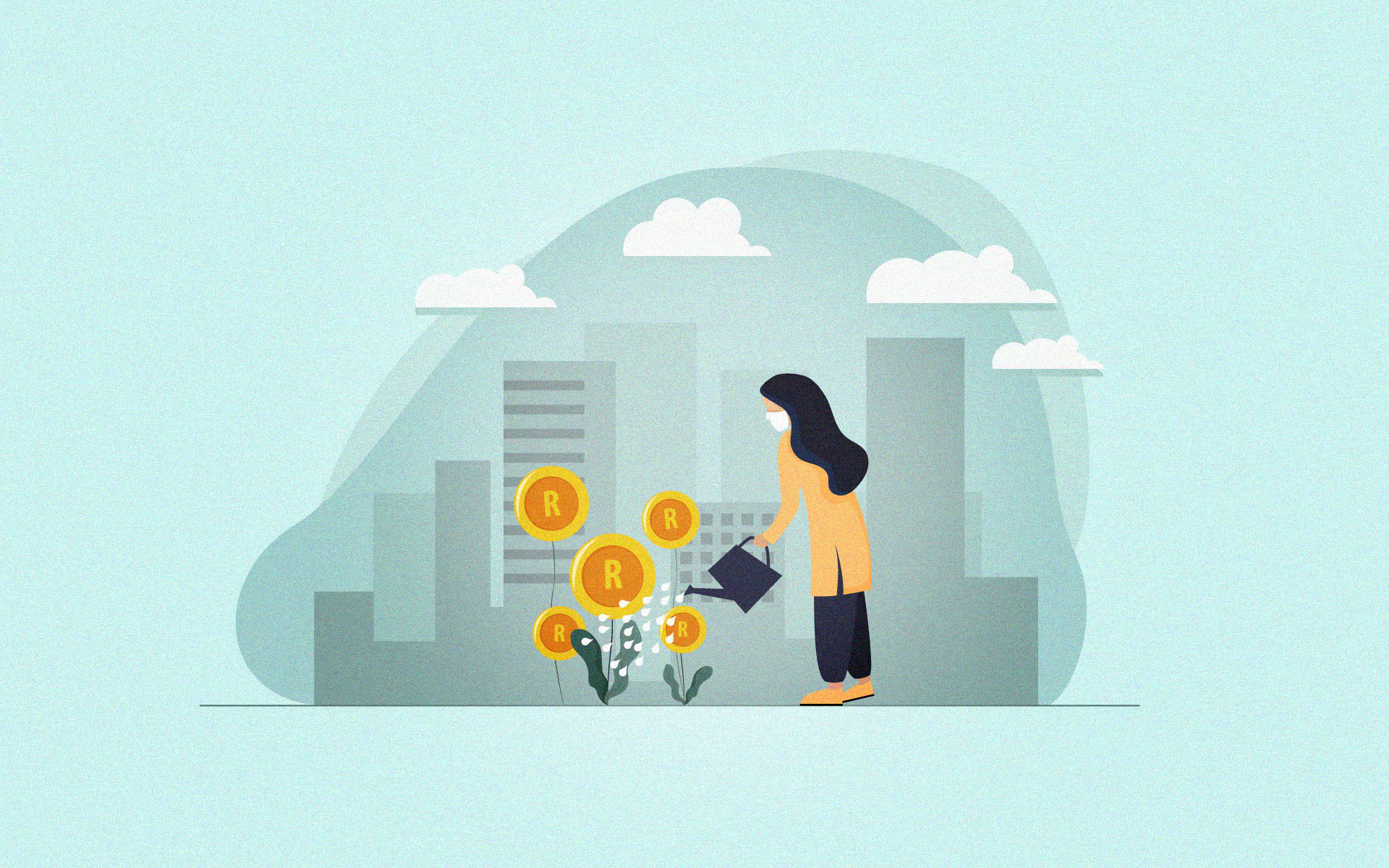There’s plenty we can learn about what we really need, when we’re forced to do without the things we don’t
I’m not normally one for inspirational quotes, but I recently read a quote by Robert Louis Stevenson, the Scottish novelist and poet, that feels right for the times.
“Don’t judge each day by the harvest you reap, but by the seeds that you plant.”
Right now, the harvest is in jeopardy. For many it is a failed crop, which means suffering, fear and despair. But tomorrow will come, and the harvest we reap will be determined by the seeds we plant now.
What have we learnt from the financial, emotional and physical impact of COVID–19 that will change our behaviour?
When we were finally released from total lockdown and allowed a three-hour exercise gap, I saw people in my neighbourhood, who may never have had the time to exercise, taking up running, walking and cycling.
What better excuse to start slowly, than a 5km enforced limit? The time we were spending in our cars, going to and from work, has given us hours to get fitter, develop new skills, or launch that side-business we always wanted to.
On the money side, it also brought home the need to look after our finances. To start that emergency fund with the money we always ended up spending on a holiday, or to cut down on debt instead of impulsively swiping our cards.
Suddenly we were faced with the reality of why these financial goals really mattered – and we also discovered how much we could live without.
When you are told what essential or non-essential spending is, the concept of needs and wants makes sense.
Lockdown gave us time to reflect on things we were missing, versus those we could quite frankly live without.
It talked to our value systems, rather than what our friends were doing on social media.
I realised that honestly, I have enough clothes in my cupboard, especially when there was no-one to see them anyway.
It was easy enough to paint my own nails. I noticed they grew stronger without me having to scour off gel every few weeks.
But I really, really missed my regular haircut and highlights. Shaggy hair with roots showing is not a look I want to stick with.
The thing that most surprised me was how much I did not miss eating out. Our eating-out budget is the weak point in our budget.
It’s for those days when we’re too tired or lazy to cook dinner, or when I just want to go out with my husband for a lovely meal and a glass of wine.
This was something I thought I could not live without. But you know what I was really missing? Going to my local coffee shop.
I missed the camaraderie of seeing the regulars and the owner and catching up on the news. I missed having time with my husband for a coffee and muffin before starting work.
I realised that what I missed was other people, company, conversation, and a place of belonging. If that is a price of a coffee a few times a week, it’s well worth it.
Being responsible with your finances doesn’t mean denial or sacrifice. It means spending money on things that bring real value to your life.
That includes putting money away for the future, saving to provide your child with a decent education, and having an emergency fund with a few months’ worth of expenses so you can sleep better at night.
Reflect on what you really value, and adjust your finances accordingly.
To end with another of my favourite quotes, former US Vice-President Joe Biden once said: “Don’t tell we what you value, show me your budget and I will tell you your values”.

Leave a Reply